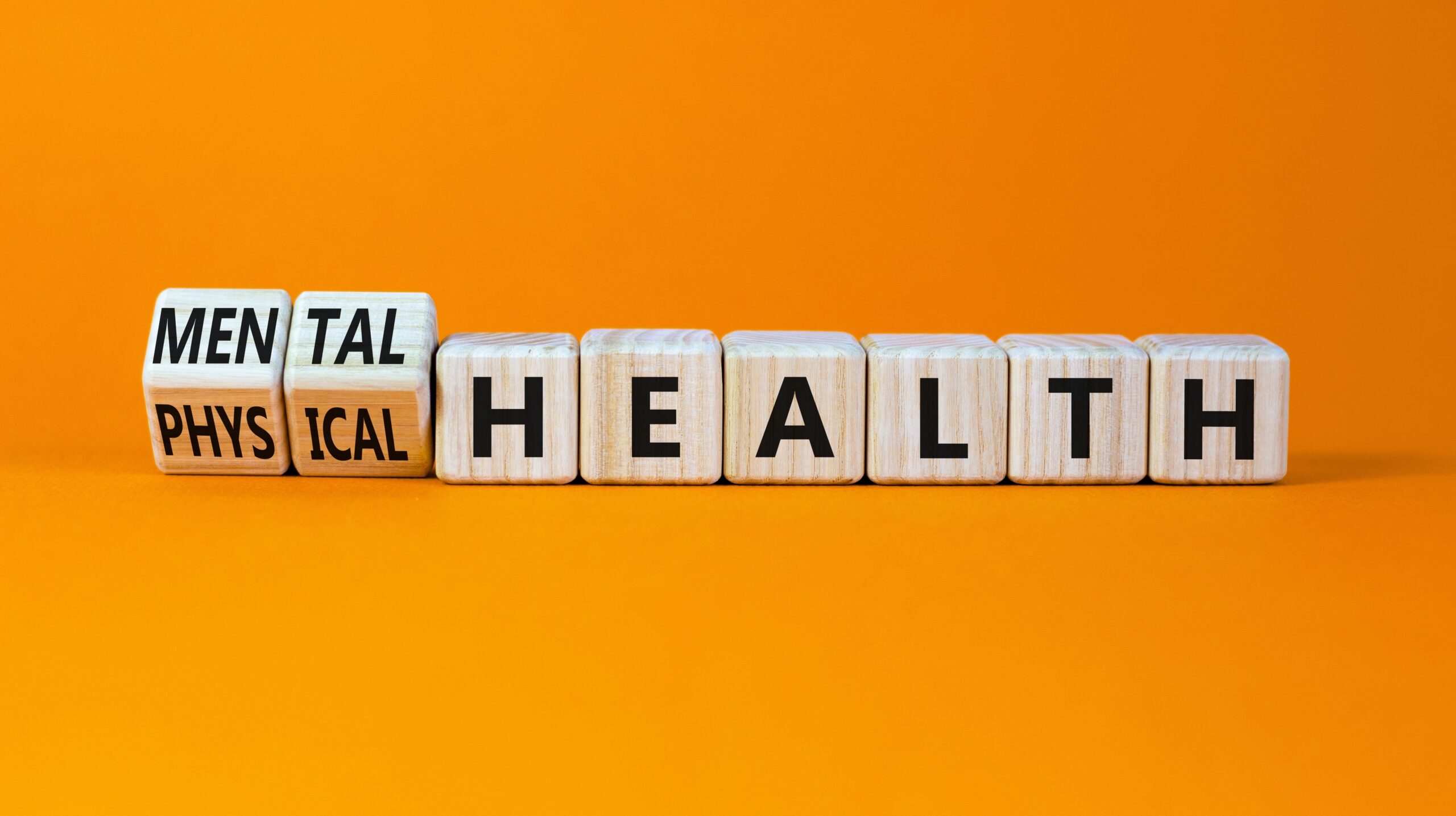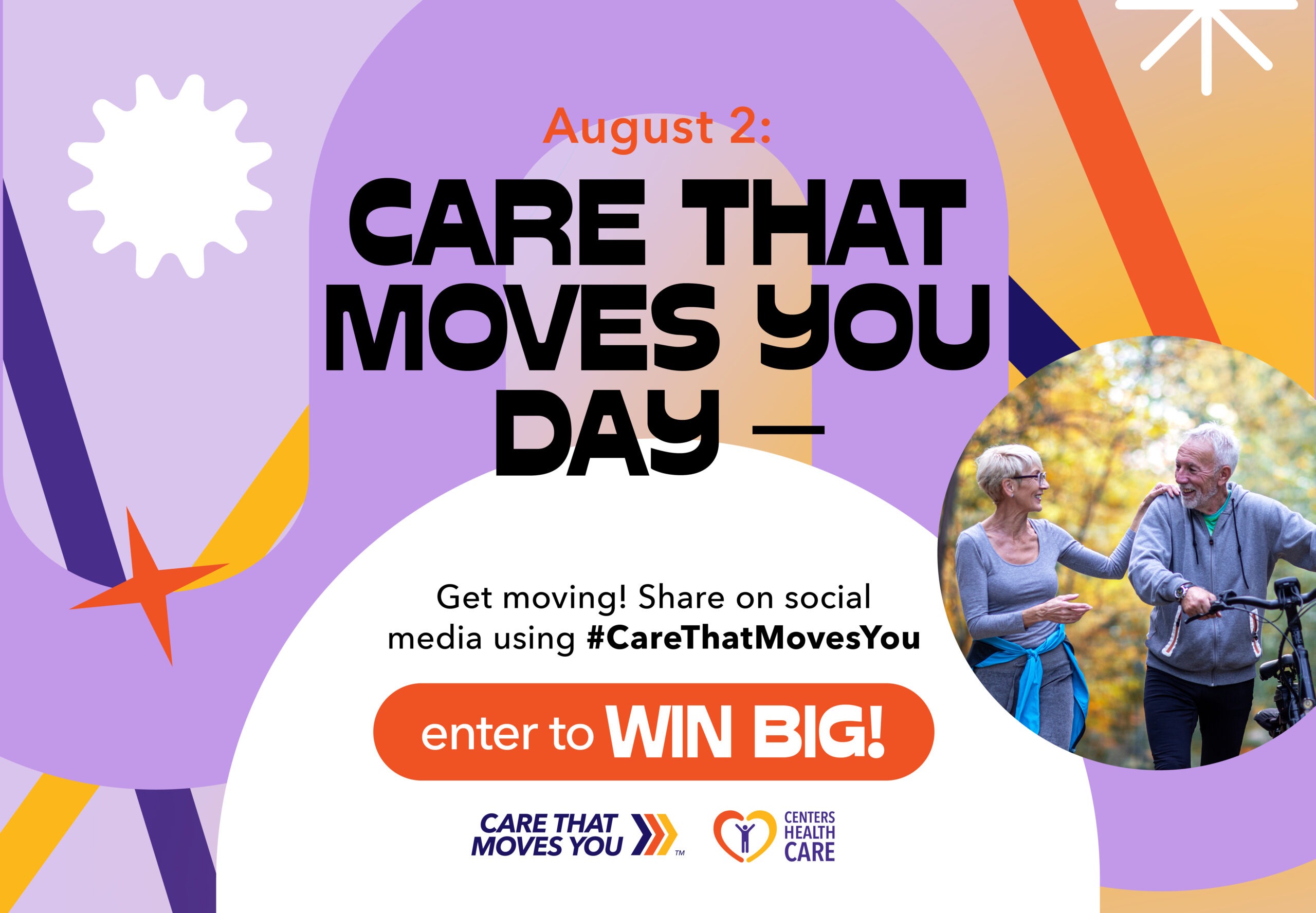Headaches can easily put the damper on an enjoyable day.
Whether it’s a tension headache (caused by tightening of muscles in the head and neck) or a migraine (from pain created by sensitive nerve endings), paying attention to what you are doing when they come on can go along with in trying to prevent them. While there isn’t a lot of consistent research on what brings a headache on, the triggers are generally similar from person to person.
Kingston Center for Rehabilitation and Nursing is detailing five common causes of a headache. Just a note, however, is that we’re talking about primary headaches. A secondary headache is a symptom of a disease, ranging from minor maladies like sinusitis to major concerns like a concussion, blood clot, or brain cancer. Even an “ice cream headache” is considered a secondary headache.
- Stress
When the body and brain become overwhelmed by stress, a tension headache can develop. Oftentimes, a headache may actually come on after the stressful event ends. Getting a good amount of sleep after a stressful day can help.
- Weather Changes
Pressure changes in the weather can trigger chemical and electrical changes in the brain. That can overstimulate nerve endings, leading to a type of migraine.
- Bright Lights
Light intensity can bring on several changes in the brain that are similar to what happens in weather changes. Try to adjust the brightness on your devices and avoid watching bright screens in an otherwise dark room.
- Foods
There are certain foods that have been known to trigger headaches. Included on the list is dark chocolate, processed meats and fish, aged cheeses, and diet soda drinks. The list is somewhat random, so you may want to create a log of the foods you’ve eaten to see if there is any connection to a headache.
- Poor Posture
Bad posture puts additional pressure on the upper back, neck, and shoulders, and that muscle tension can lead to headaches. Make sure you’re sitting up straight and supporting your lower back if you’re sitting in one position for a long time, and consider seeing a physical therapist if you can’t get the problems to go away with your corrections.
To learn more about Kingston Center for Rehabilitation and Nursing and all of the services they offer, visit http://kingston-center.facilities.centershealthcare.org.






